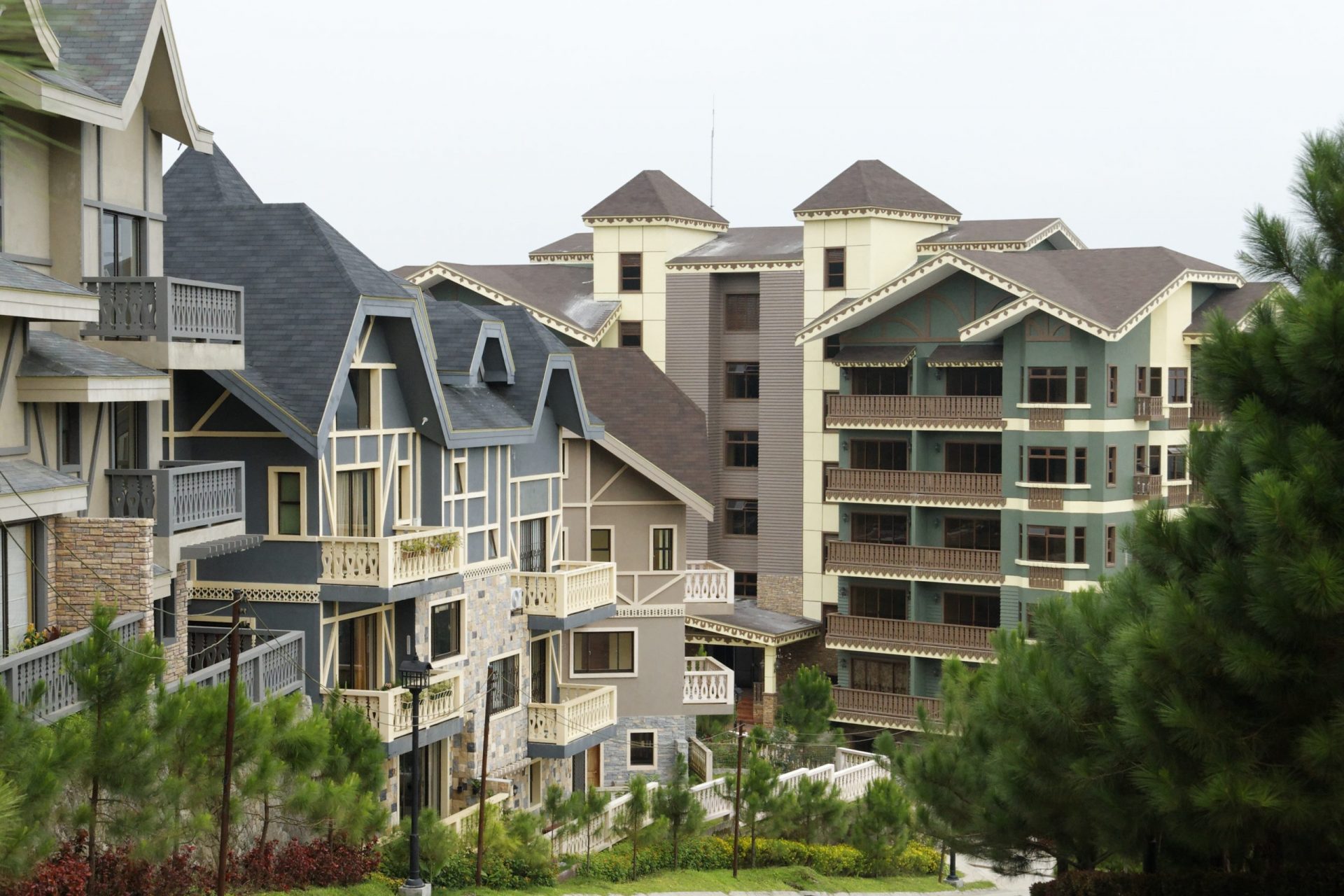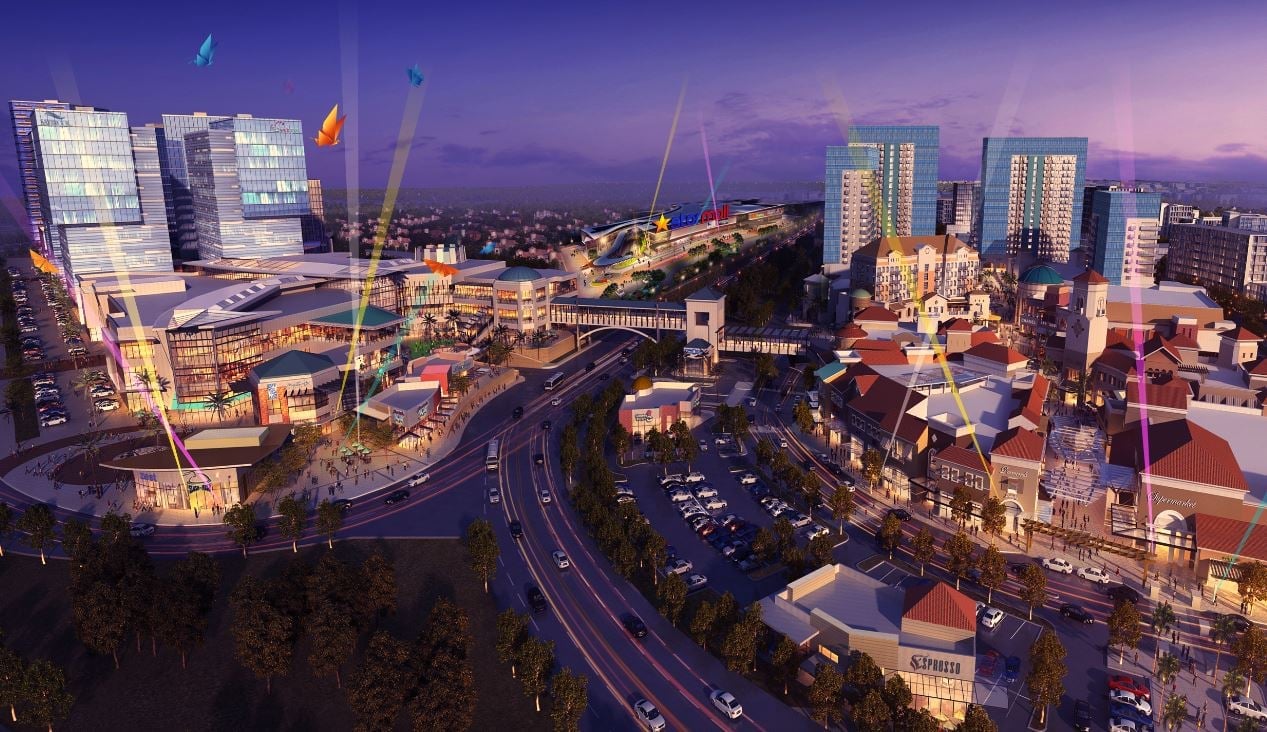BLOGS
Top List of Industries In The Philippines
The Philippines is a country that has been growing at a steady rate, and the job market is no exception. If you’re looking for work, consider the industries where jobs are likely available. The Philippines has a thriving economy, which means there are plenty of opportunities for people to make money from their expertise. Young people looking for work should consider the industries where jobs are likely to be available. If you’re interested in investing your money, many investors use the top-down approach. This means starting with a broad overview of an industry and then focusing on individual companies. Let’s have a look at the top list of industries in the Philippines.
Why ‘Industry-awareness’ is important to every Filipino
Industry awareness is important to every Filipino. With the Philippines becoming a hub of many industries, Filipinos need to know what are the top 5 industries in Philippines and how the top industries in the Philippines can benefit them. It also lets them learn more what are the major industries in the Philippines and their contributions to the country’s GDP (Gross Domestic Product) and GNI (Gross National Income).
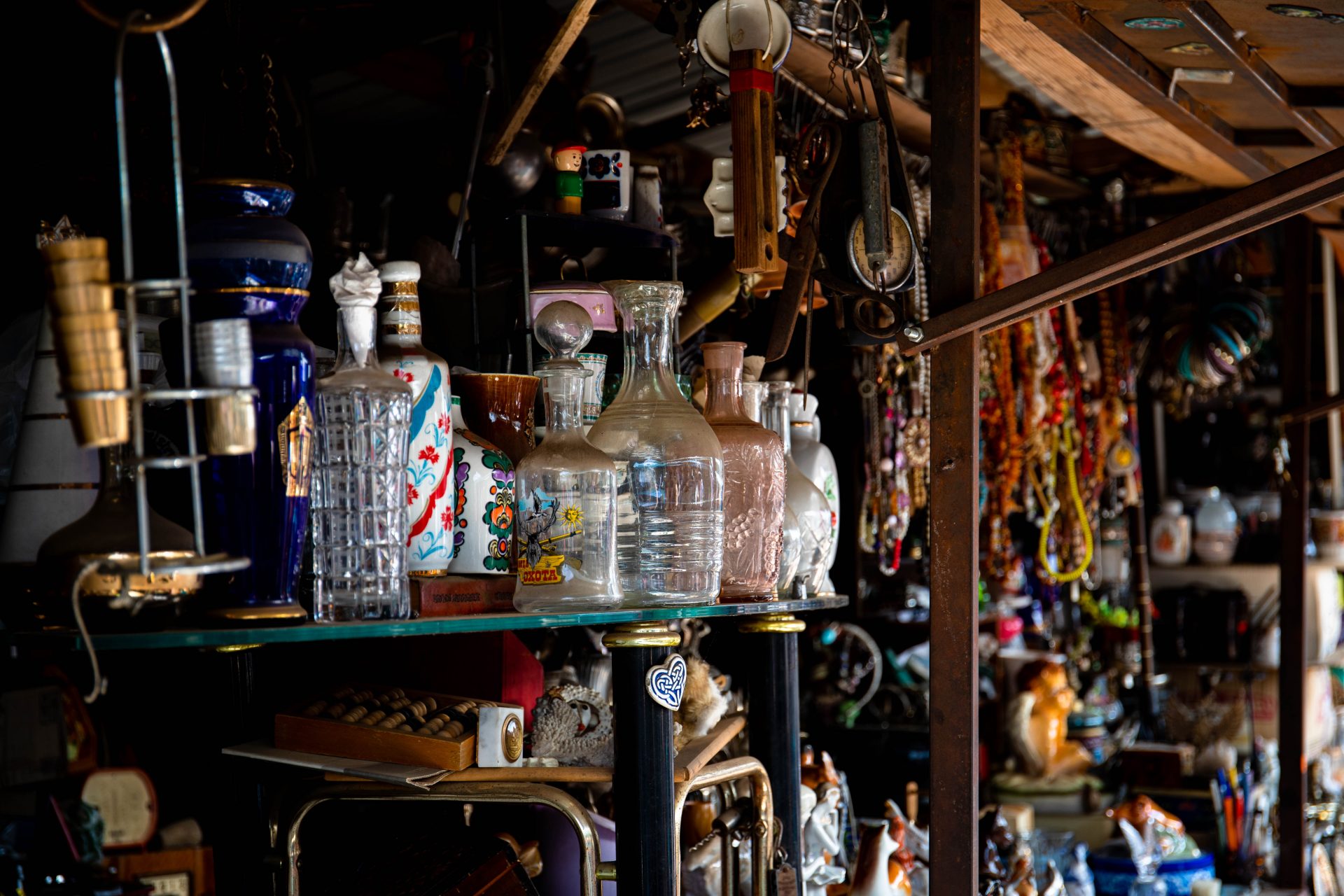
The Philippines is an emerging market with a developing economy. The nation is a patchwork of industries that need new people to join their ranks. They include oil, gas, and other resources; technology; health care; tourism and hospitality; and many more. And this isn’t even including all the small businesses that make up our country’s economy.
Real Estate Industry
Real estate is one of the top industries in the Philippines. The country has seen its share of economic woes over the past few years, but real estate development continues to thrive such as Brittany Homes.
In the second quarter of 2021, the real estate industry in the Philippines generated over ₱126 billion in revenue. At present, the value of approved projects due to foreign direct investments (FDIs) amounts to ₱507 million.

The Duterte administration’s Build, Build, Build (BBB) initiative will continue to drive infrastructure spending. The administration’s economic program aims to develop industries that produce jobs and improve the lives of Filipinos, with targeted expenditures at P8 to P9 trillion from 2017 to 2022. The government hopes to build airports, seaports, and railroads to drive the economy—and boost tourism.
Construction Industry
The Philippines’ booming economy and increasing population have led to a growing demand for condominium for sale and house and lot for sale. The country’s construction industry is one of its largest, employing many people and contributing to economic growth.
The construction industry in the Philippines is a $54.5 billion industry, employing more than 45 million as of June 2021. This is one of the most important sectors of the country’s economy, as it drives many other industries, such as manufacturing and retail.
The Philippines experiences typhoons yearly, which require the reconstruction of damaged houses and buildings. This has increased demand for new homes, commercial buildings, and infrastructure projects such as roads and bridges.
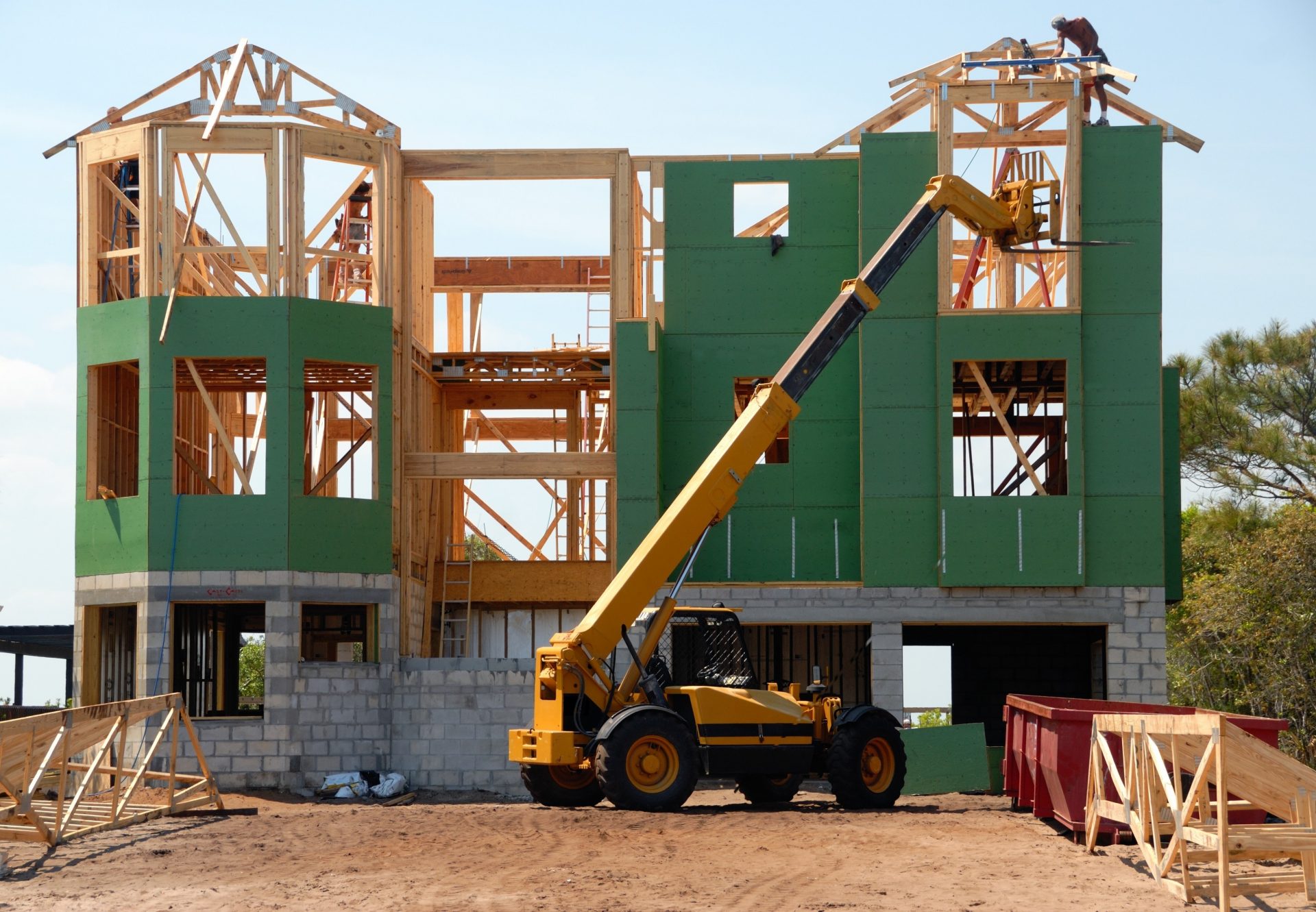
In contrast, areas such as Vista Philippines, Forresta Villar Land, and Forresta Luxury Lots are safe from flooding and ideal for families.
Tourism Industry
The Philippines is one of the most visited countries in Asia. Estimates suggest that there were over 8 million visitors to the country before the pandemic started. According to Philippine Statistics Authority, the tourism industry accounts for 5.2% of the country’s gross domestic product and employs approximately 4.9 million people in 2021, not to mention all the jobs created by businesses that cater to tourists.
The tourism sector also contributes to economic growth and development through investment in infrastructure, food processing facilities, retail outlets, and other businesses related to tourism, as well as increased employment opportunities for locals.
The Philippines has abundant natural resources, making it a perfect place for outdoor activities such as surfing and diving. Many historical sites, including museums and old buildings, offer insight into its rich history and culture.
Business Process Outsourcing, IT, and Business Services
With a growing number of local and foreign companies looking for ways to cut costs and increase productivity, more and more companies are outsourcing their customer service operations to countries with low-cost labor and favorable tax environment, such as the Philippines.
The Philippines has become a global hub for the BPO sector and the service sector including the healthcare industry due to its large pool of multi-skilled English-speaking workers. More than 1.4 million Filipinos work in call centers today and are expected to generate around $29 billion by the end of 2022!
IT companies have also played a role by providing software development services for large corporations worldwide and building their products like Facebook or Twitter, which have become successful in the global digital job market.
The Philippines also has a well-educated population, with English being their first language. This makes them an ideal location for providing these services due to their ease of communication with foreign investors, such as Australia and Canada, where many companies are located.
Manufacturing Industry
The manufacturing industry is considered one of the top industries in the Philippines as it continues to lead other sectors this year, with 65.5% of total investments in the third quarter of 2021.
The manufacturing industry is an umbrella term that encompasses all processes and activities involved in turning raw materials into finished goods. This includes anything from food processing to the production of cars, computers, and even clothing.
The Philippines has been a significant producer of garments, electronics, footwear, and furniture. However, over the last decade or so, it has seen its share of manufacturing decline as companies have moved their operations to countries with lower labor costs, such as Bangladesh and Sri Lanka.

Even so, the country is still home to a skilled workforce, which gives manufacturing companies an advantage over competitors in other countries with higher labor costs due to higher wages or stricter regulations on working conditions.
The industry has been driven by the continued investments of companies in new equipment, machinery, and technology as they try to improve efficiency and increase productivity.
E-Commerce Industry
The rise of online shopping has made it easier for people to buy products and services without having to leave their homes. Online shopping has become a dominant force in the retail industry, especially for people looking for convenience and value.
As part of its goal to become a global e-commerce leader, the Philippine government’s goal is to increase e-commerce revenue to $24.2 billion, according to the Department of Trade and Industry (DTI).
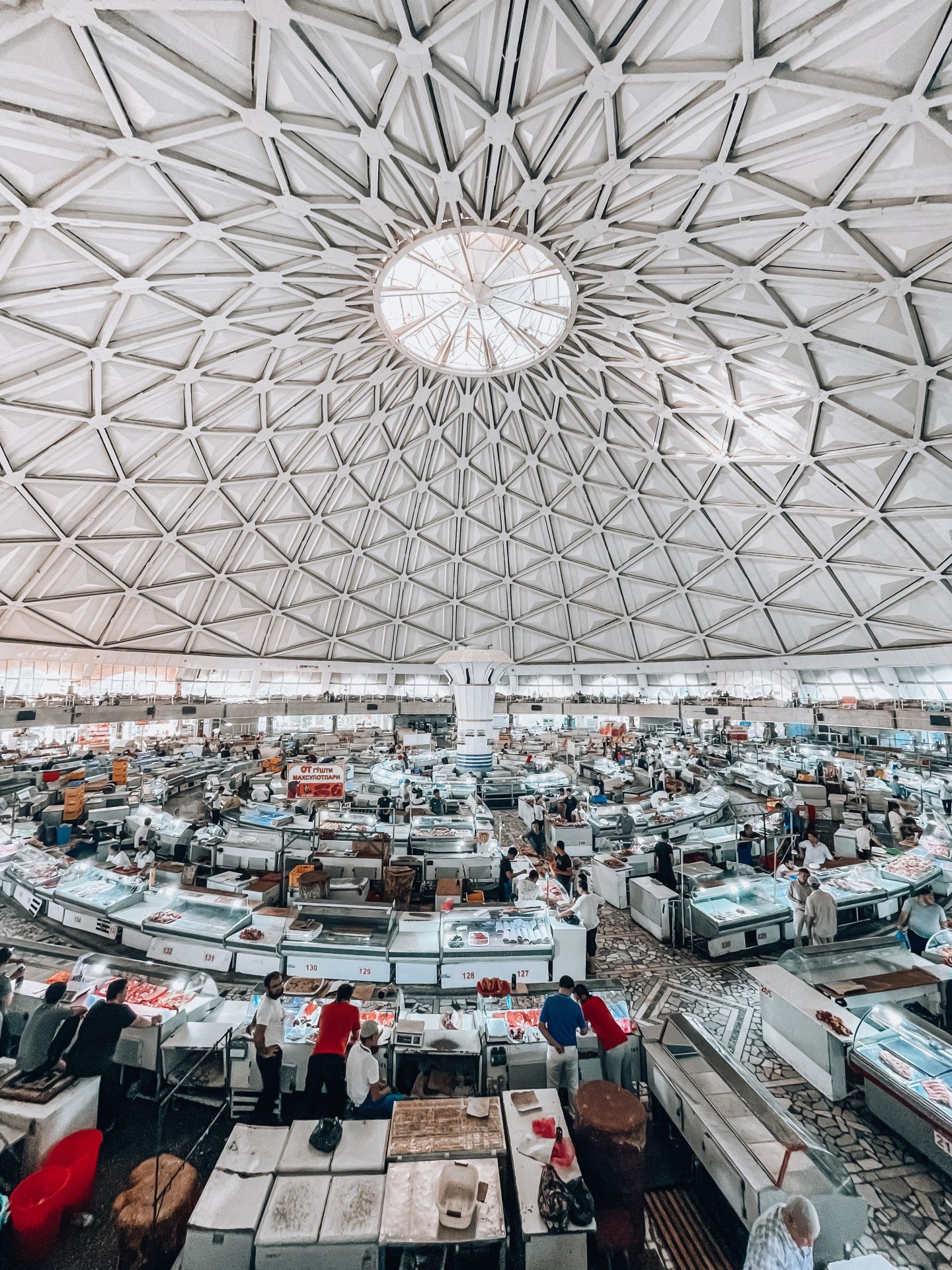
Source: https://www.pexels.com/photo/trading-floor-inside-the-building-of-chorsu-bazaar-9375973/
The Philippines has been able to capitalize on this trend by creating an attractive economic environment for e-commerce companies, resulting in many of the private sectors setting up their headquarters there. The Philippine government launched the Philippines E-Commerce Roadmap 2022 initiative with the goal of developing an e-commerce ecosystem that would drive flourishing industry and significant growth.
Retail Industry
The retail industry in the Philippines is one of the top industries because of its size, diversity, and potential for growth.
The Philippines has over 100 million people from whom the country can draw a higher rate of consumer spending. Retailers in the Philippines employ over 4 million workers and create billions of dollars in revenue yearly through sales taxes and income taxes paid by workers.
The industry is also diverse, from small mom-and-pop shops to large chain stores catering to different tastes. Many businesses sell food items like rice, fish sauce and other household items such as soap or bleach powder. These products can be found at any local store or market in any neighborhood across the country.
Final Thoughts
The Philippines is a country full of opportunities for everyone. The top industries in the Philippines are filled with growth prospects and economic development. Many companies are looking for people with the right skills and qualifications to work for them.
If you want to work in any of these industries, then it would be best if you get the proper training to become qualified enough to work there. Many jobs are available in these industries, so you can choose one that fits your needs best.
It’s not just about the money. The Philippines is home to some of the most brilliant minds in the world, and it’s a hub for creativity and innovation. If you’re looking for an opportunity to work with some of the biggest names in business, a career in any one of these lists of industries in the Philippines could be what you’re looking for.
READ NEXT ARTICLE: LICENSES AND PERMITS FOR YOUR BUSINESS









